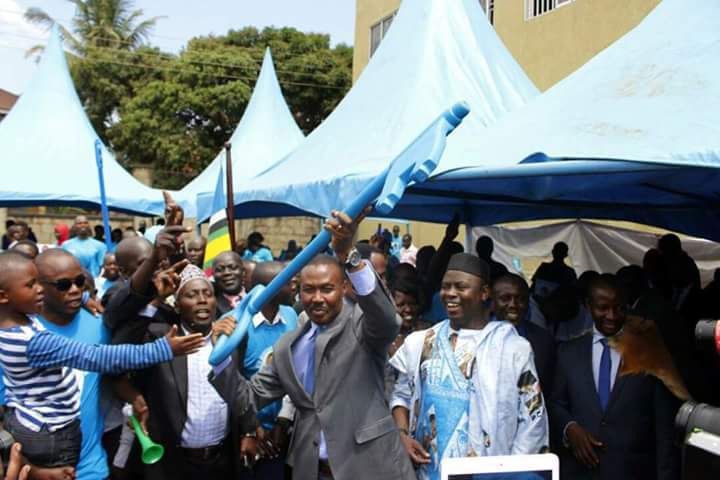The negative reports and eluding facts has continued to draw ire and cause anxiety among Burundians over western media coverage on President Pierre Nkurunziza government.
Whereas western media portrays the situation in Burundi as very tense and a ‘no go’ zone because of instability, the recently concluded Diaspora Week event proved otherwise.
The Diaspora wing after attending this event then embarked on a countrywide tour and the assessment was clear that the environment is peaceful unlike negative coverage orchestrated by western actors to malign the ruling establishment.
The external influence however pits regime opponents against the Nkurunziza administration and this orchestrates violence and hatred among the citizens.
But the regime’s position has been clear to ensure that there is peace and stability reason it has accepted to engage in talks that can bring an end to the conflict.
Last week, the United Nations Security Council President Liu Jieyi released a detailed statement on Burundi commending its efforts in restoring peace and ending the crisis.
Burundi representative at the UN in New York Ambassador Albert Shingiro earlier told this website that before adopting statement, the Security Council first debated.
Shingiro through his social media network page Twitter, highlighted that the Council agreed to disregard calls by a section of the member states to have International Criminal Court (ICC) interfere in Burundi saying its involvement will never add any value but rather could plunge the country into another terrifying chaotic episode.
The Council rejected to refer to the Imbonerakure youth as a militia outfit and also acknowledged the pardon of more than 1000 prisoners in 2017 as a general call to confidence building measure.
These prisoners are members of the opposition groups in Burundi who caused the 2015 conflict and committed atrocities at the epitome of the crisis intending to dent the image of the current leadership.
The same sitting lauded Burundi for peace keeping in the region by sending its troops to neighbouring African countries, Somalia, S. Sudan and Central Africa republic.
But an official in Bujumbura expressed discontent how western media houses; particularly Radio France Internationale (RFI) and BBC chose to avoid reporting about the outcomes of the UN security meeting but instead concentrated on negativities.
Last week the Secretary General of the ruling regime Evariste Ndayishimiye told African leaders while attending Annual Conference of Africa Bar Association in Nigeria that Burundi has made it a point to resist western influence in the country’s internal politics.
Adding that most of the frightening reports about Burundi published by western media are inconsistent with realities on ground.





